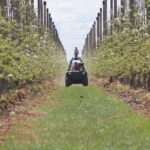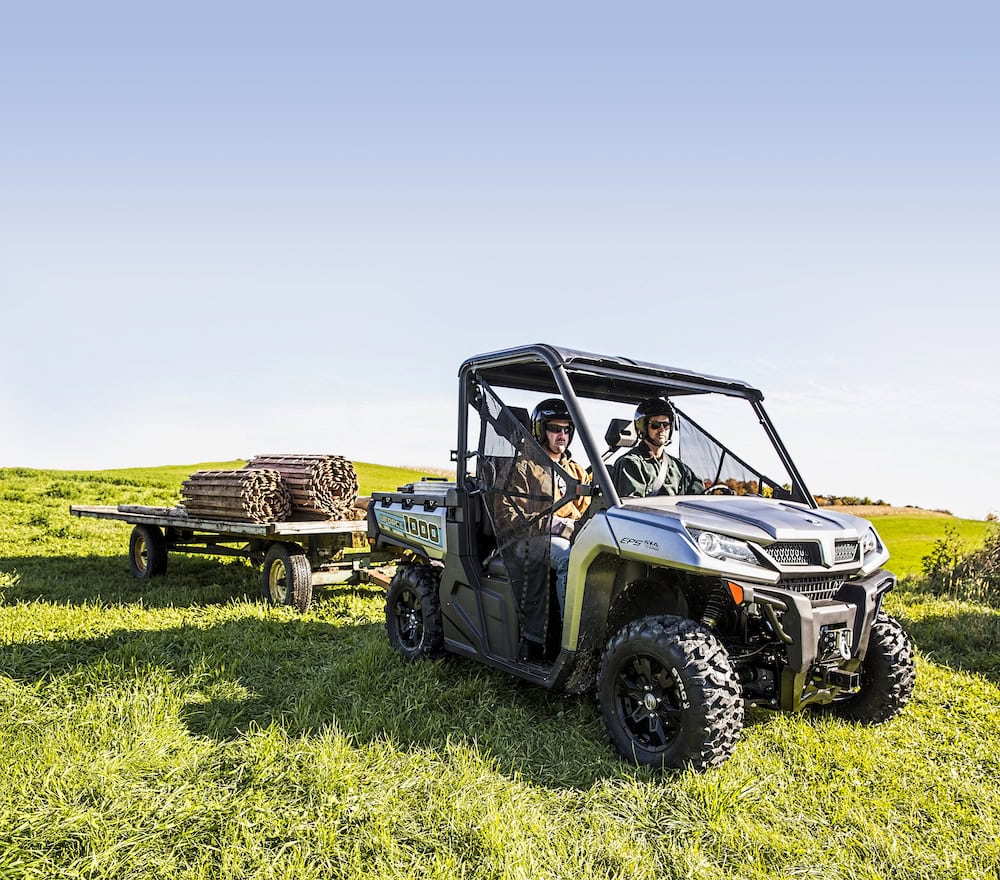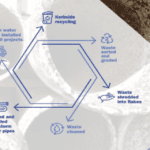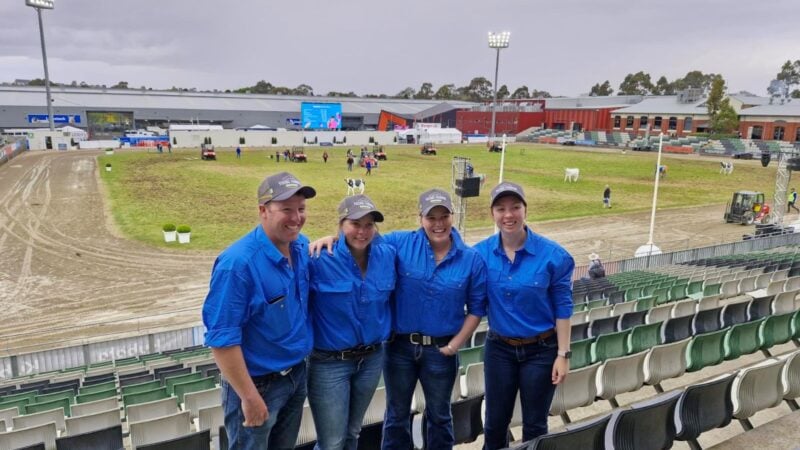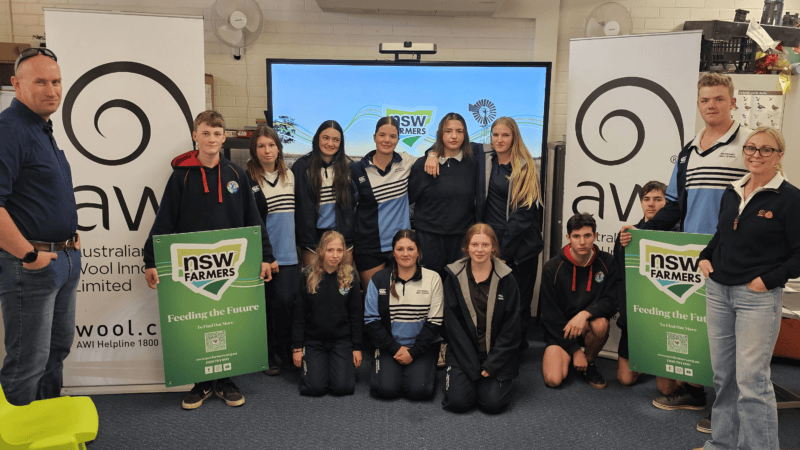With all its challenges, the pandemic has proven one thing: it's prime time for regionalisation…
Students flocking regional universities
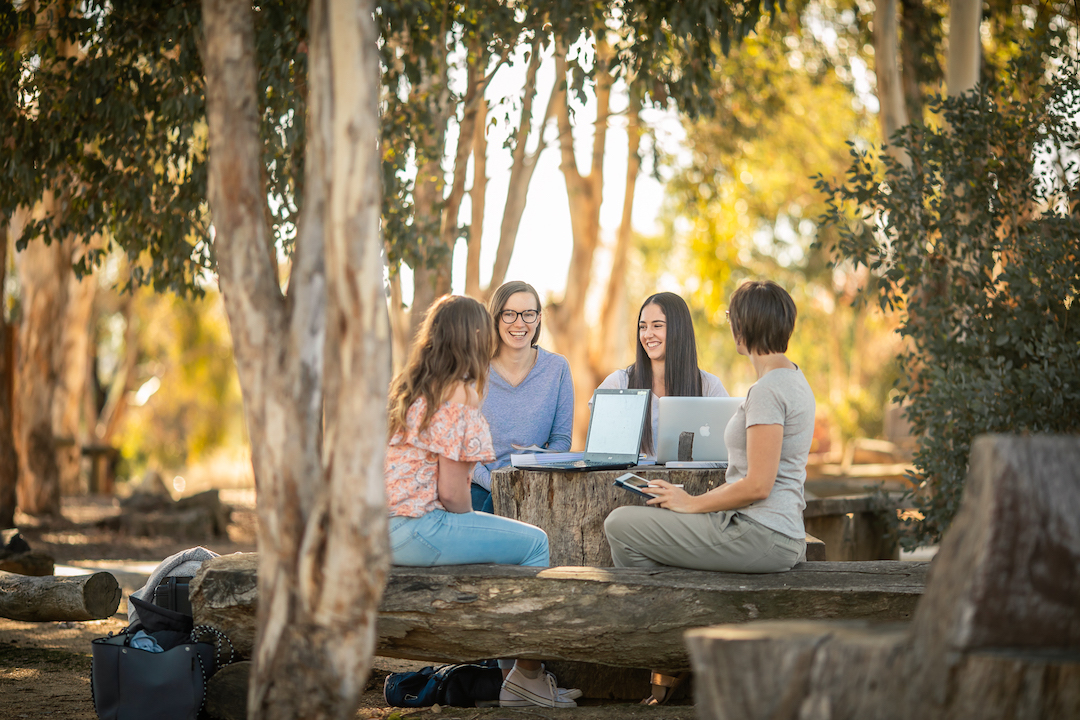
Over the past few years, the drift away from rural and regional areas by our young people, in search of education and a job, has slowed to almost a trickle. Australian Bureau of Statistics (ABS) figures show that the trend is now towards increasing numbers of city dwellers moving to the bush. Cheaper housing, a freer lifestyle, an increasing numbers of local jobs and a the shift to work-from-home roles have been catalysts for this move. At the same time, enrolments in TAFE and universities in regional Australia have been steadily increasing.
The trend to educate and stay at home has been amplified by the impact of the global COVID-19 pandemic. Preferring to stay close to home where the chances of catching the virus are lower, country student enrolments have risen dramatically in the past year.
According to Dr Caroline Perkins, executive director of the Regional Universities Network (RUN), seven out of ten regional university graduates stay and work in their region once they complete their degree or diploma, which is adding a vital resource to the regional economy.
RUN represents seven regional universities in Australia, specifically in New South Wales, Queensland and Victoria: Charles Sturt University, Southern Cross University, the University of New England, Central Queensland University, University of Southern Queensland, University of the Sunshine Coast and Federation University.
Caroline comments that enrolments in regional universities have been increasing over the past few years as people living in regional Australia opt for local vocational development rather than travelling to the major cities.
She says that the development of courses designed to meet regional needs, such as agricultural science, nursing, healthcare � including aged care and childcare � and teaching, have become a strong offering for all regional universities in Australia.
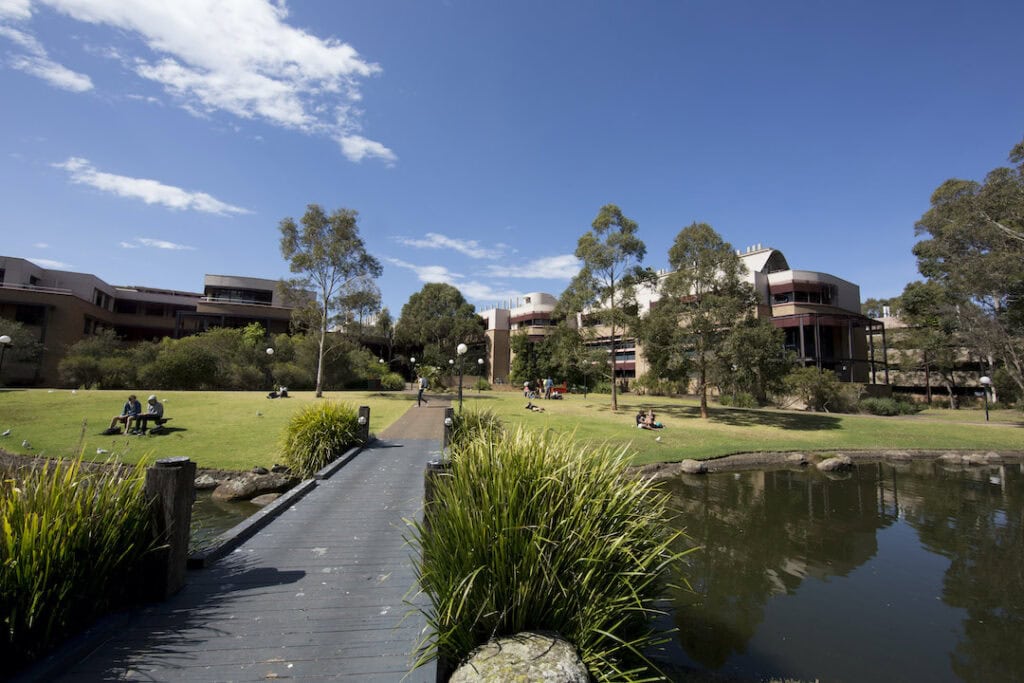
High demand, low budget
Caroline says the recent federal budget failed to recognise the increasing demand for regional education, and despite the undeniable statistics, regional universities were largely ignored in the budget�s allocations.
This is particularly the case where infrastructure is concerned. Infrastructure benefits the whole community as assets such as sporting facilities, concert halls and other services can be accessed by locals.
The chair of RUN, Professor Nick Klomp, who is also vice-chancellor and president of Central Queensland University, says the lack of funding for infrastructure at regional universities is a major gap in the federal budget.
�RUN has long argued that regional universities in Australia should be eligible for relevant infrastructure programs in the regional development portfolio, such as the Building Better Regions Fund.
�Regional universities are anchor institutions for their regions, and make a fundamental contribution to regional economies. Infrastructure at our universities improves research capacity, supports the engagement and partnership with regional industry, and provides broader social benefit to towns. Government should support the establishment of innovation precincts at regional university campuses.”
Prof. Nick Klomp, Chair of the Regional Universities Network
TAFE pulls an even shorter straw
The impact of federal government cuts has been even greater on the TAFE college system, with funding slashed by 24 per cent over the next three years. It is TAFE colleges that provide vital hands-on training and certification for the trades and agriculture, disciplines vital to our farming communities.
Colleges such as TAFE�s National Environment Centre (NEC) in Albury, NSW, which provides a wide range of agriculture, business and community-based courses, will be forced to reduce or combine courses as the financial cuts take hold.
The NEC operates a large organic farm where the disciplines of organic farming, regenerative agriculture and advanced farming techniques are taught to a growing cohort of farmers and would-be farmers.
Gerard Lawry and Rob Fenton are the key teachers of the range of highly respected, internationally recognised agricultural courses available through TAFE Albury. They support distance students, mature age students and young school leavers who want to develop skills they can take back to their farms, or indeed to help them find meaningful work in rural areas.
Gerard is one of the very few organic farming teachers in Australia, and has honed his skills by drawing from academics, farmers and researchers around the world. He has inspired many farmers to embrace agroecological practices to manage scarce water resources and to better understand soil chemistry and plant biology as an integral part of the growing global demand for better and more sustainable food production.
He says there is a growing number of mature age students: people who have lived and worked in urban centres and who are now gravitating to rural areas and want to gain a better understanding of farming techniques.
�Many of these people are making life-changing decisions to give up city living and to move to a farm environment,� Gerard says. �What we are really teaching is a way of thinking differently about diplomas. Any student can do it and go away questioning the processes and the prevailing methods with the aim of doing it better.�
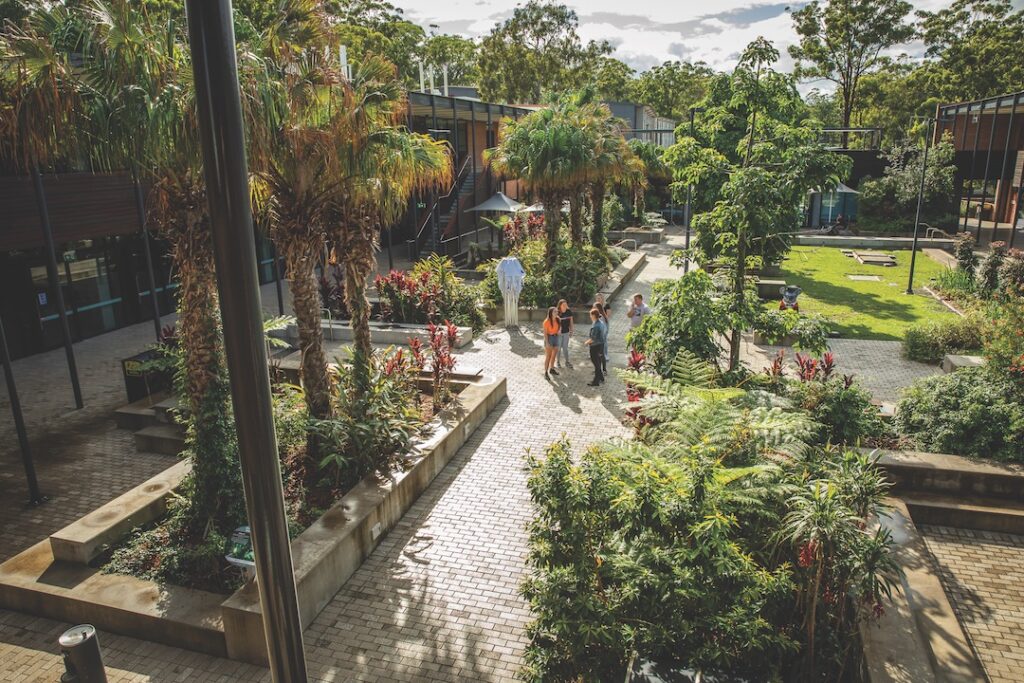
A reinvigorated interest in ag
TAFE currently has more than 130 locations around New South Wales providing a wide and diverse range of courses, most of which are practical and lead to jobs for the participants. TAFE offers a range of degree, diploma and certificate qualifications in disciplines such as agriculture, accounting, legal studies, human resource management, bookkeeping, IT software and hardware, business management, healthcare and many more.
Professor Paul Prenzler is the acting head of the School of Agricultural & Wine Sciences at Charles Sturt University, based in Wagga Wagga. He says the number of students doing the range of agricultural science courses has increased dramatically in the past year.
�We have a mix of country and city students and we provide an online learning facility for all courses to distance students,� he says.
�The Bachelor of Agricultural Science has proven to be our most popular course, and we have developed a new stream of business-related courses as well. Wine science, viticulture and agriculture business management are all increasing.�
Within the courses, the university is providing students with information to help them better manage the land. Regenerative agriculture, environmental awareness, water management as well as crop and livestock management are all becoming mainstream subjects.

The university also offers the full range of undergraduate opportunities, which aim to feed into the commercial and social needs of rural towns and cities.
Micro credentialing, a pathway to employment
Several regional universities in Australia are looking at innovative methods to deliver targeted and relevant education to students. A new concept of micro credentialing is being trialled by a number of institutions.
For many people, having a degree or diploma is not relevant to their needs � but elements of the courses are important for their job or potential job. Therefore universities are looking to break up degree and diploma courses into modules and provide more targeted accreditation.
These courses can be as short as eight weeks, allowing students flexibility to work and study.
Sydney�s Macquarie University has also been developing links to regional NSW, with the creation of courses and services for rural and regional students.
Macquarie established the Widening Participation Unit, which regularly visits regional, rural, and remote areas of NSW to engage with primary and high school students to outline the benefits and accessibility of tertiary education.
The aim is to give young students in regional areas a taste of university and to provide information, awareness and confidence in accessing higher education pathways.
Students from regional backgrounds are also provided the opportunity to participate in multi-day on-campus experiences, giving them exposure to university life and study.
In catering to the trend of country kids wanting to stay home rather than move to a city campus, Macquarie has become a key player in the online learning space, including having a major role in Open Universities Australia.
Since COVID-19, the investment in online delivery and comprehensive learning support has increased.
Some regional universities and colleges have spread their courses across multiple country towns. For example, Charles Sturt has campuses in Wagga Wagga, Albury, Bathurst, Port Macquarie, Orange and Dubbo, and each campus offers a range of courses relevant to local needs. The Wagga campus is the centre of agricultural, veterinary, medical and business studies, for instance, while Albury focuses on healthcare, environmental sciences and teaching. The full range of the courses is listed on the university�s website.
In addition, online courses include law, accounting and business, IT and education studies.
Tocal College is located in the Lower Hunter region, and has a second campus in the Murrumbidgee Irrigation Area at Yanco, near Leeton and Narrandera.
The Tocal campus shares its site and resources with the famous Yanco Agricultural Institute (YAI), which has provided generations of NSW farmers with specialised agricultural training.
James Hook, deputy principal of Tocal, says the institution is offering a wide range of courses, including many short training courses for primary producers, owners of small farms, new entrants to agriculture and horticulture, and to those thinking of investing in a rural enterprise.
Recently the college ran a specialised 4WD course primarily for forestry officers and regional council rangers. The intensive driving and knowledge course was run in the Cooma area and featured hands-on experience for participants.
James says that, aside from its agricultural and business courses, the Yanco campus also runs the highly regarded Aboriginal Rural Training Program, and co-ordinates skills training programs across NSW and interstate.
He says Tocal works closely with TAFE NSW on courses that will meet the needs of industry.
He adds that the college has been providing educational support to farmers and regional residents for generations: �This year we have a few students whose parents were students, and one whose grandfather was a student.��
Fundamentals of business and grazing success
One way to combat uncertainty caused by uncontrollable markets and weather is education. Through upskilling and improving our working knowledge, it�s possible to grow more grass and crops using the free inputs available � namely sun, rain and ecology.
�The interest in learning how to use more of what we have for free and less of what we need to pay for is gaining momentum,� says RCS trainer Nic Kentish. �We don�t want to lose gross margins per hectare. Rather, we want to gain overall production as well as focusing on soil health to hold as much moisture as we can.�
Through courses like the Farming & Grazing for Profit School and the RCS Business Fundamentals Workshop, participants gain intensive training in ecology, grazing systems, drought management, decision-making based on meaningful data, and the essential components of profitable agribusiness management.
Grazier and participant Guy Watson, says � �It was a hugely valuable program, as it provided a large amount of detail on the science behind the regenerative grazing approach. It has given me the tools to start applying the techniques, with a greater understanding of the processes involved.�
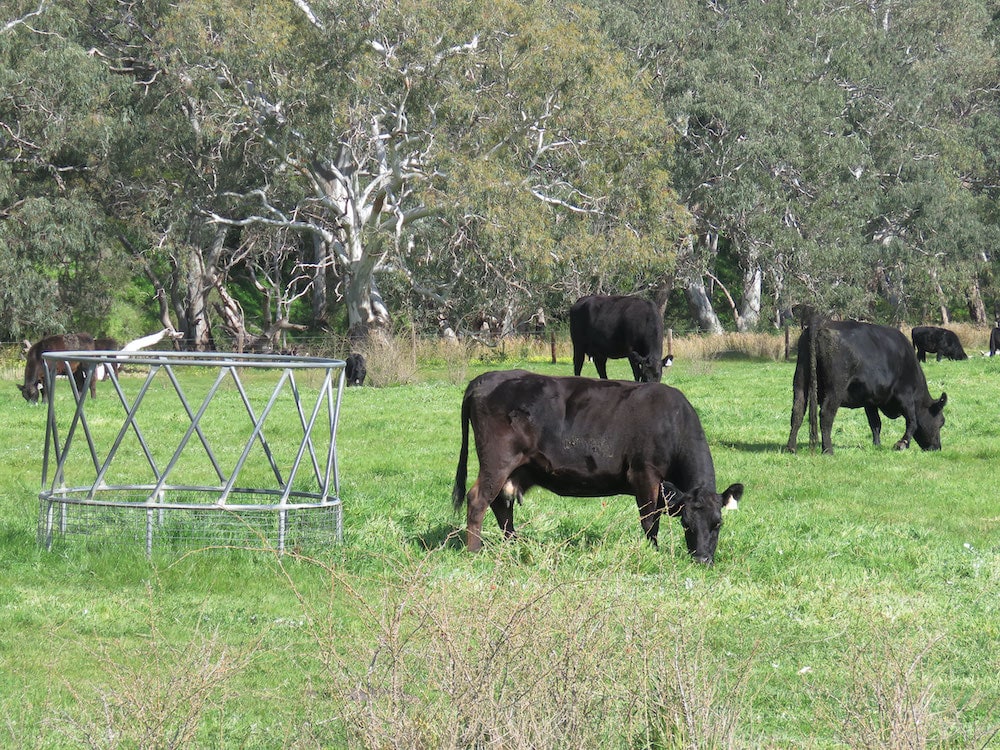
A push towards regenerative agriculture
The introduction of studies examining the impacts of climate and environment has increased the focus of agricultural studies courses.
�All units look at environmental impacts and the triple bottom line. We have introduced a unit of livestock organics and looking at soil health. Regenerative agriculture is an area where we want to work,� James says.
Tocal also offers a range of online courses for people wanting to upgrade their knowledge in a specific area. James says recently many former students have been looking to upgrade their qualifications to make themselves more employable.
�We have lots of farmers looking for graduates for work placement � they are sought after as they have technology, business and agricultural skills to offer.�
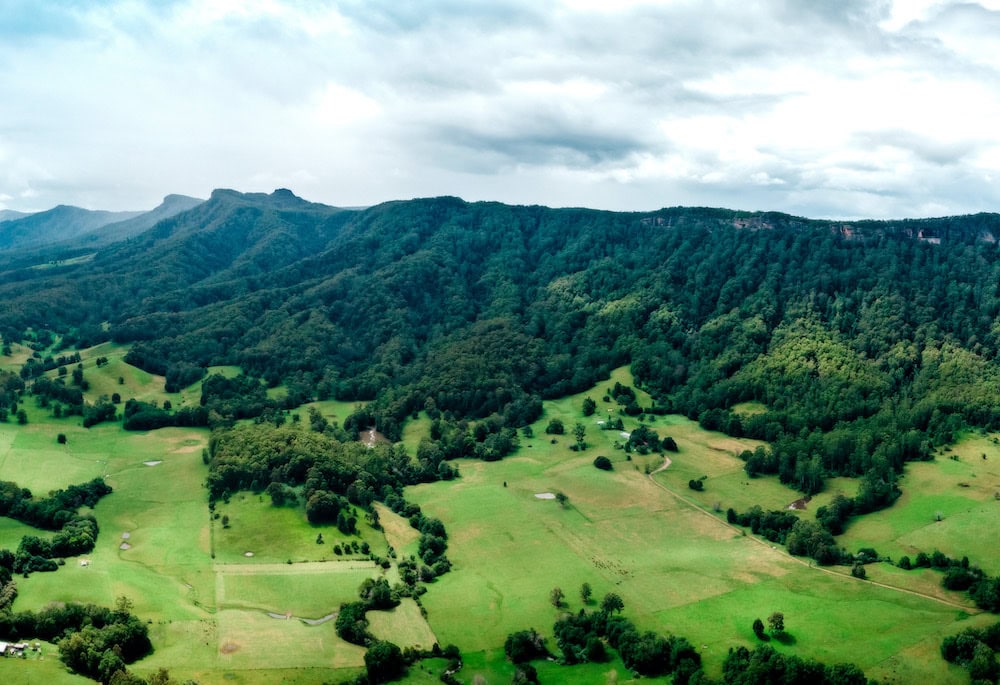
The University of New England�s 14th vice-chancellor is Professor Brigid Heywood. UNE is based in Armidale and services a wide area of regional NSW.
Brigid takes the view that regional centres can have a major impact on innovation and new business development, which helps drive regional jobs and career opportunities.
The UNE provides the full spread of undergraduate and many postgraduate courses, similar to those offered in Sydney�s universities. In addition, Brigid points out that UNE operates a number of Smart Region Incubators (SRIs), where innovative development of new technologies and services is the order of the day.
The SRIs are in Armidale, Moree and Taree. These centres, Brigid says, provide capacity for economic diversity in line with the university�s prime objective to skill and upskill the workforce.
Macquarie University has a large online cohort, which it believes is being increasingly accessed by students, young and old, in rural and regional NSW.
Recently the university began sending teams out to regional centres to promote its undergraduate and postgraduate courses.
With the downturn in foreign students and reduction in government funding, all universities have been looking at better ways to service the local community. Macquarie says that regional enrolments have been rising slowly over the past few years, but the impact of COVID-19 has meant that more regional and rural students than ever are looking for online courses, which allow them to get high-level education without having to relocate to the city.
The steady flow of coastal and city dwellers moving to the country shows that many Australians are ready to embrace the bush, but reports Michael Burt and Ian Neubauer investigate one important question: will regionalisation make the bush great again?




